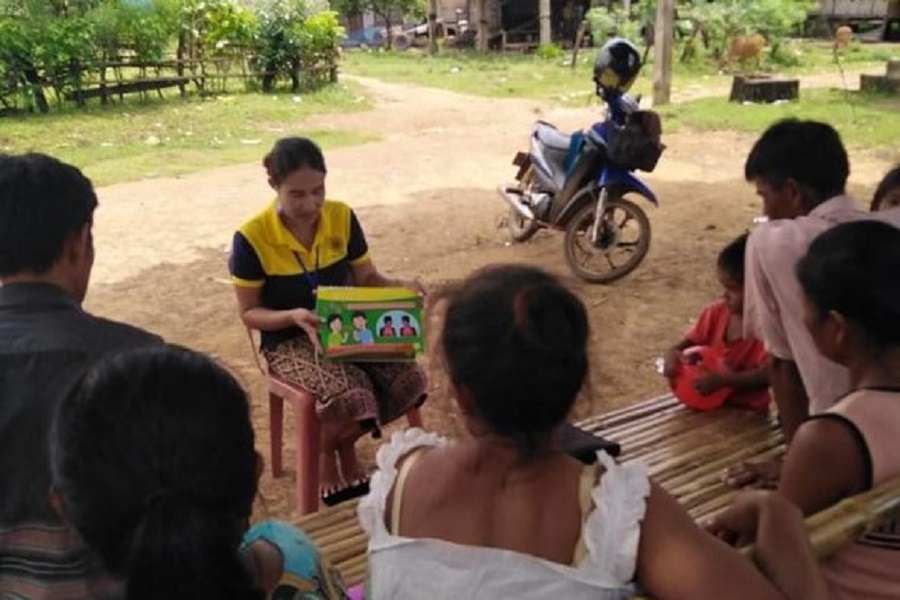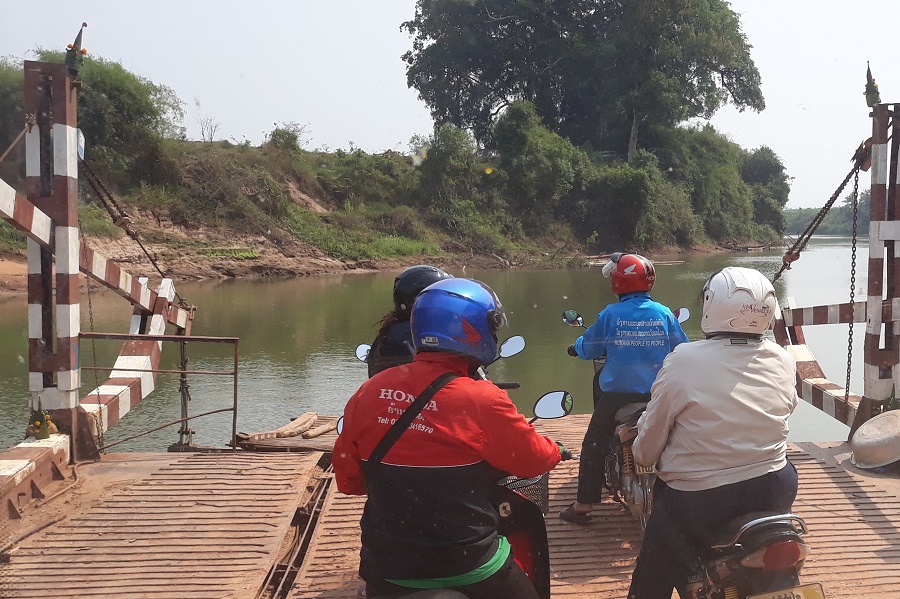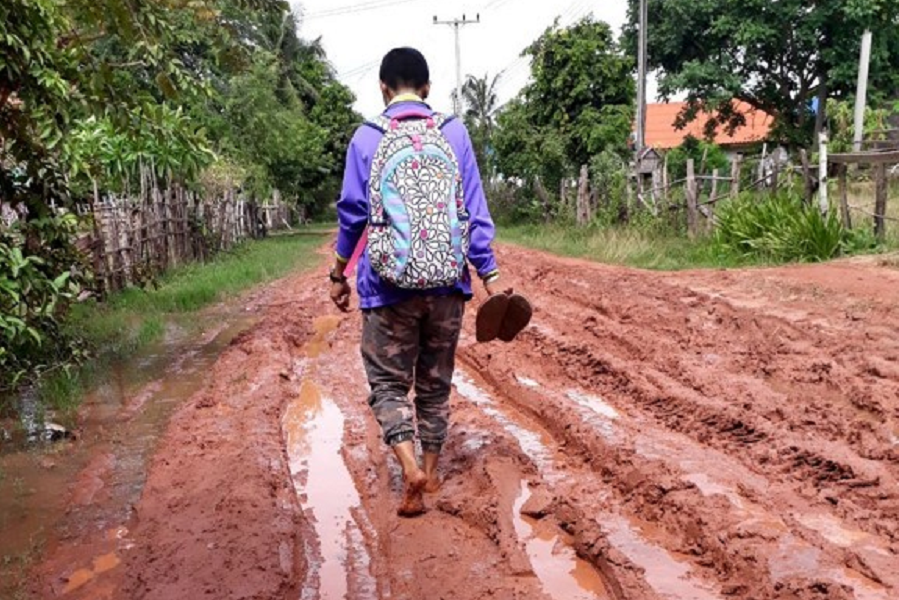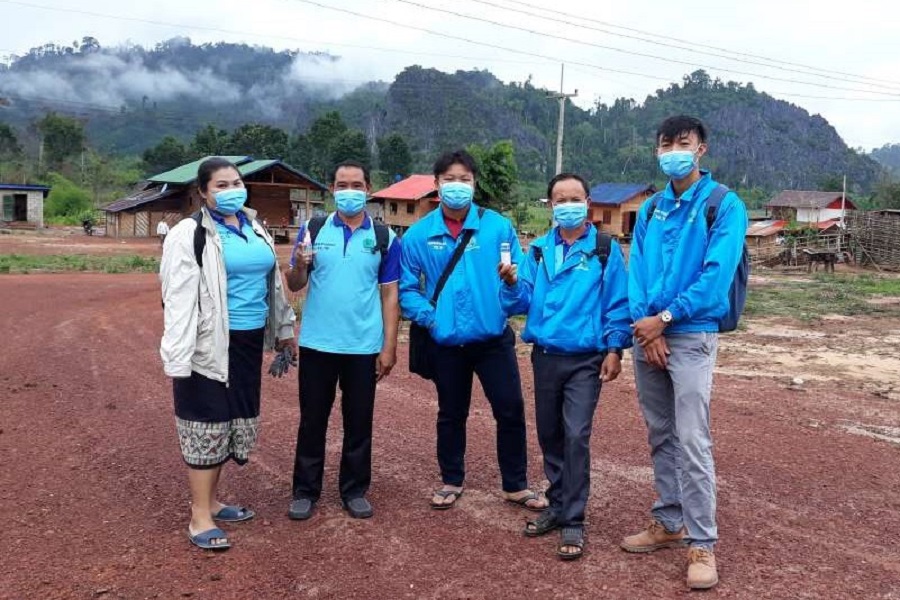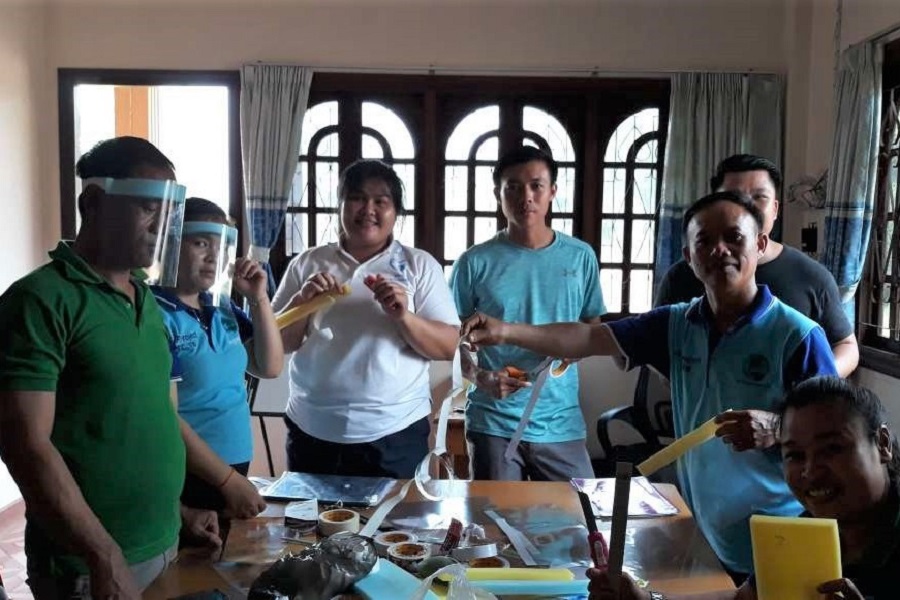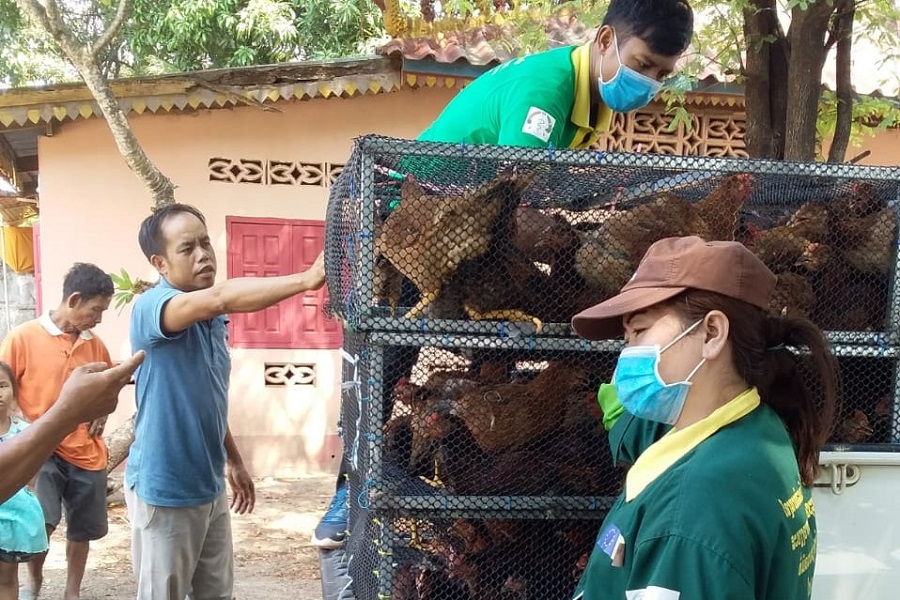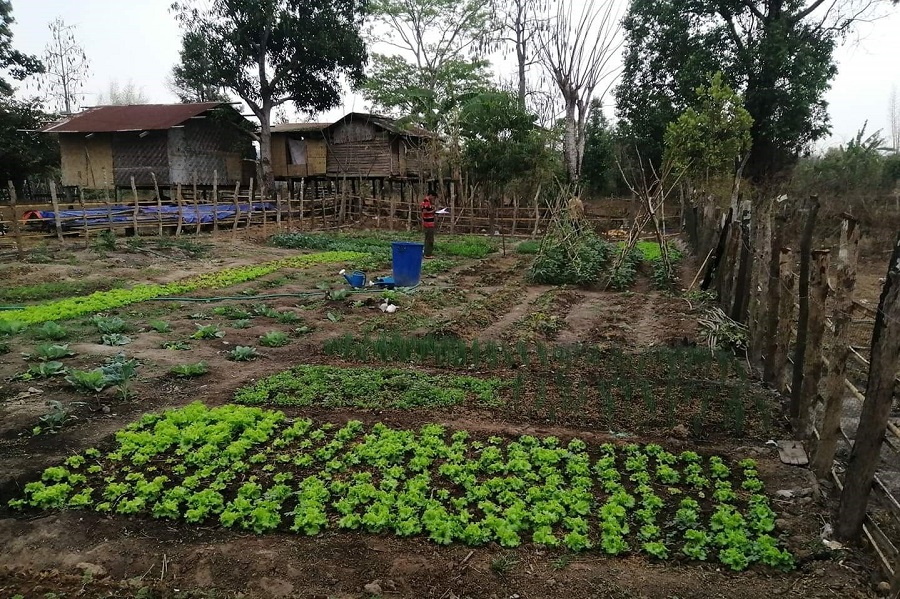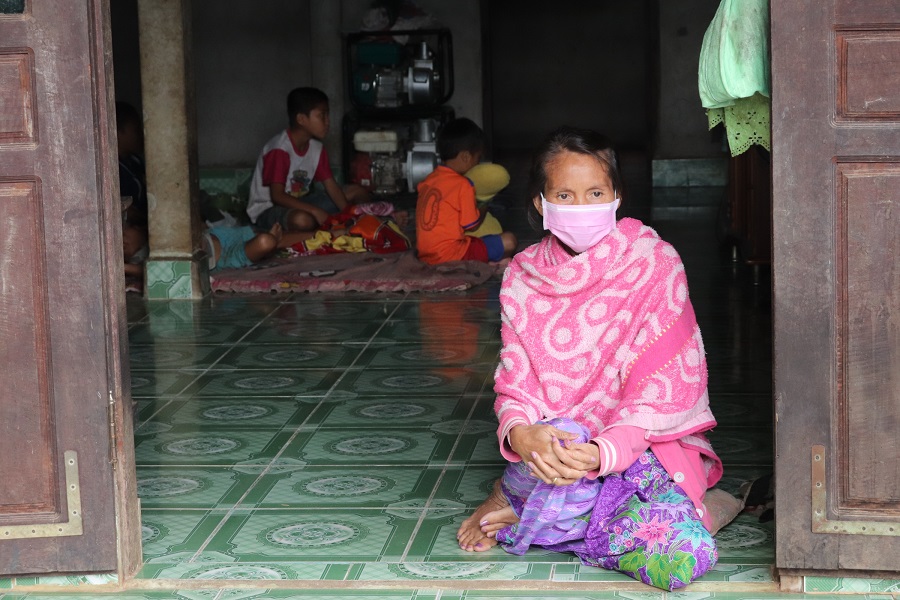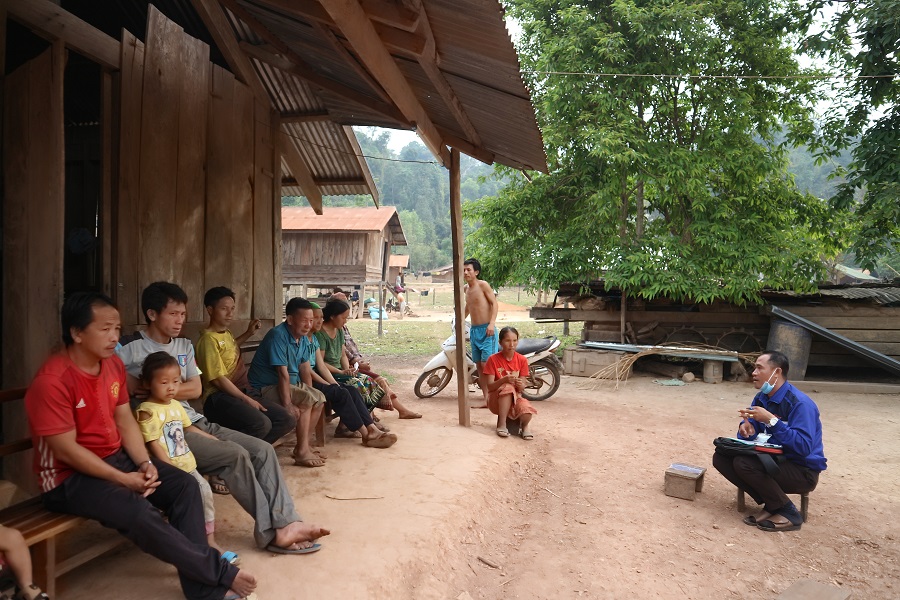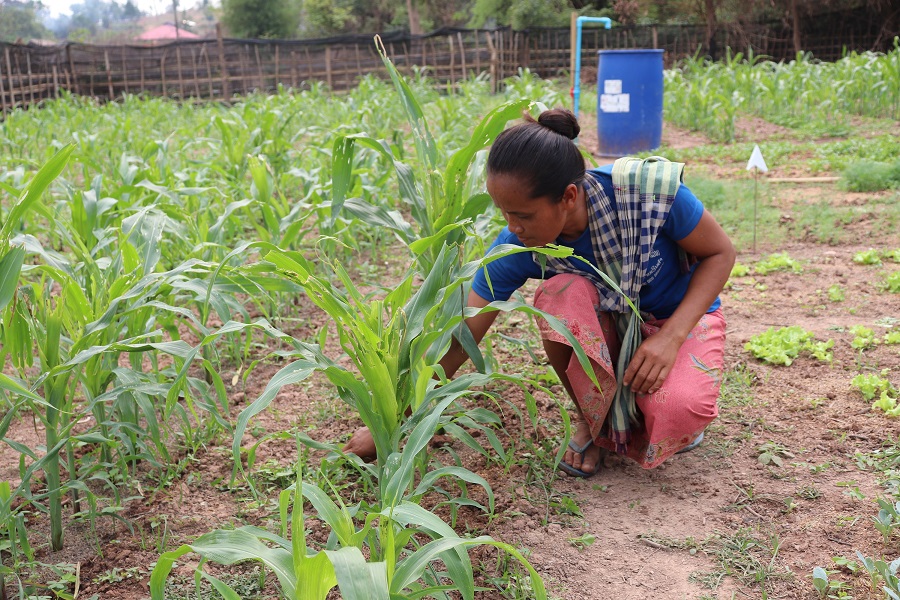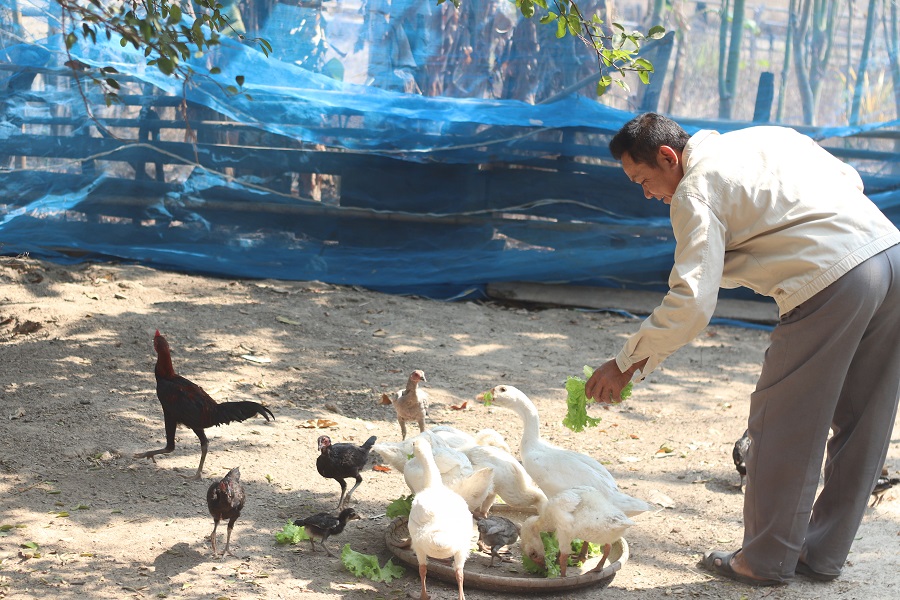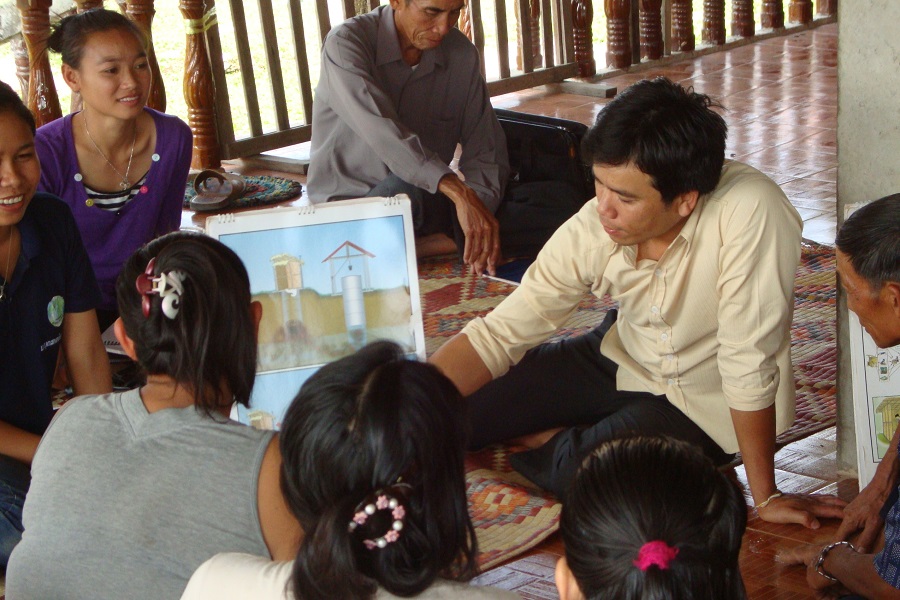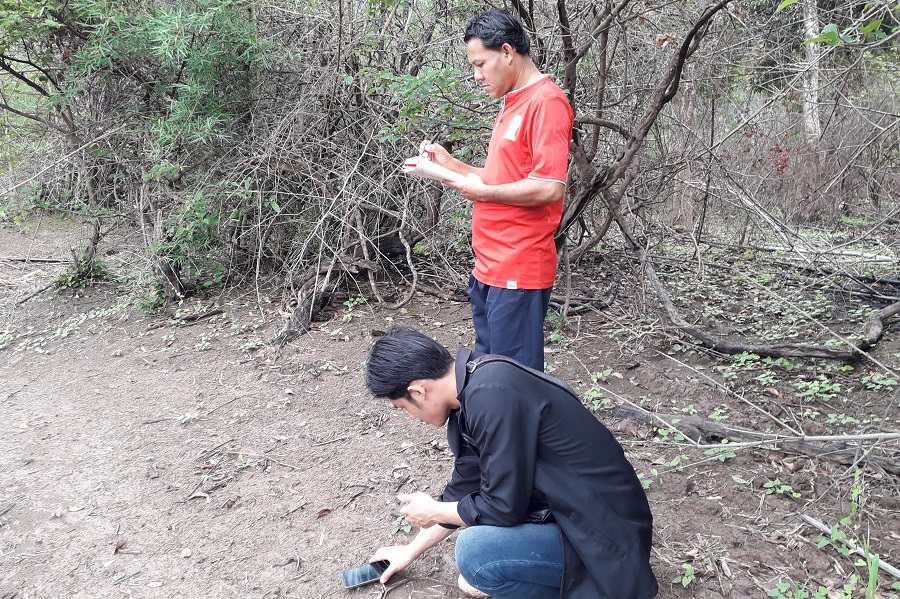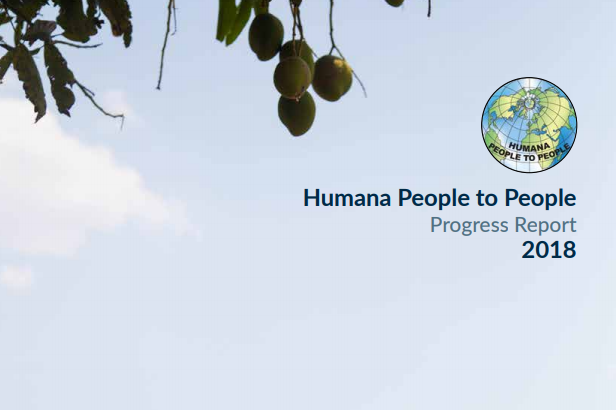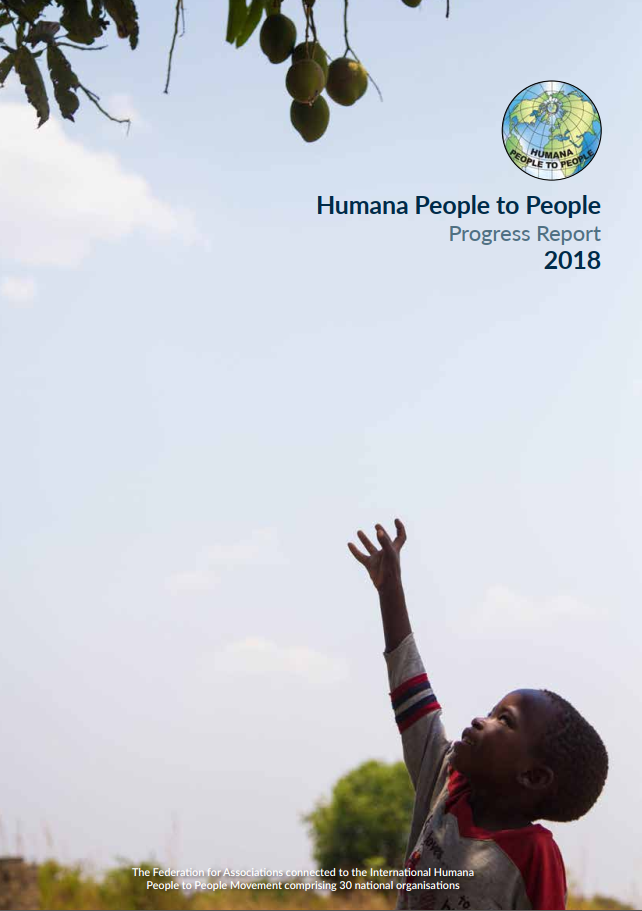Signing of grant agreement with Expertise France
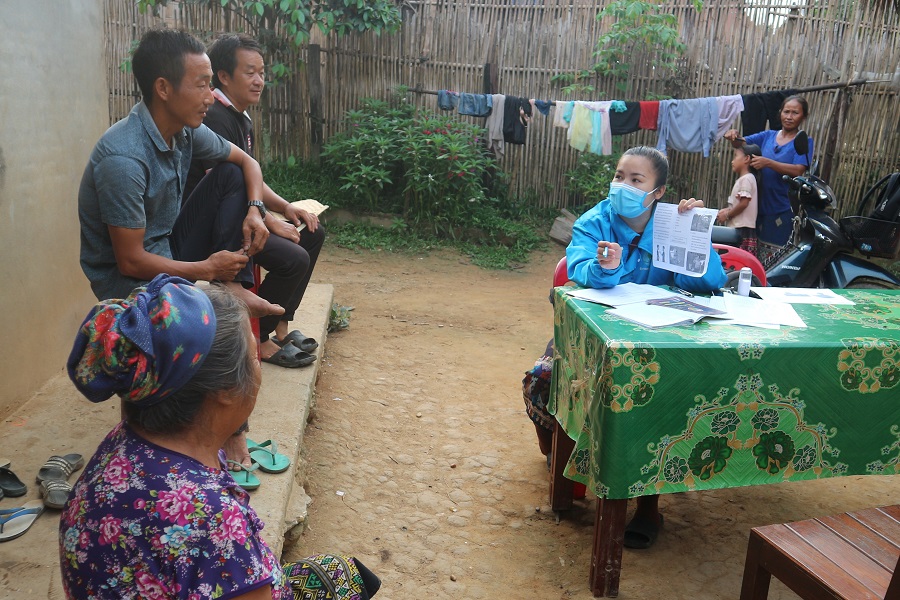
We are delighted to announce that HPP Laos and Community Health and Inclusion Association (CHIas) just signed a grant agreement with Expertise France to launch a new tuberculosis active case finding and treatment adherence project!
The funding, made available through Expertise France’s 5% Initiative, will enable HPP Laos and CHIas to offer TB services in four districts of two provinces: Viengthong and Khamkeuth in Bolikhamxay, and Bualapha and Khounkham in Khammouane. Both HPP Laos and CHIas, a local Non-profit Association, are currently active TB project implementers under the National TB Program, funded by the Global Fund. The forthcoming project is based on this and other health-related experience of the partners.
The project, “Supporting community-driven achievement of the End TB Strategy in 2 Provinces of Lao PDR”, is set to commence in July and will run for three years. Planned activities include:
• Capacity building of local health staff, Village Health Workers, district laboratory staff, and civil societies engaged in TB work;
• TB awareness raising;
• Active case finding, including screening and contact tracing, sputum sample collection and transport;
• Tracing loss to follow up cases;
• Assisting people affected by TB to access and sustain treatment.
The project further includes two pilot components. Firstly, it will trial DHIS2 Mobile at village and Health Centre level to improve the efficiency of patient-centred data collection and analysis. DHIS2, the District Health Information Software, is a digital health data tool used country-wide by the public health system. It supports digital data collection and analysis. The National TB Program, however, uses DHIS2 only from central to district level. Data at Health Centre and village level is still gathered on paper. The project aims to close this gap in two pilot districts.
Secondly, the project will develop an incentive-based payment system for Village Health Workers to improve their performance and retention. Village Health Workers are community volunteers who work under their respective Health Centres and support the rural health system’s outreach activities. They are not paid and yet play a key role in assisting their communities to access health care. A common issue is that Village Health Workers quickly lose motivation to remain volunteers as they have other jobs to tend to. Thus, their expertise is lost when they exit the program. This project will attempt to incentivise Village Health Workers to continue supporting their communities by offering small monthly payments in addition to travel compensations and training. For both pilots, the organisations will be able to utilise CHIas’ experience in malaria and HIV programming where these two approaches are already practiced.
Regarding treatment adherence support, the project will assist all people affected by TB through the setup of TRIOs, a proven HPP Laos concept. TRIOs are psychosocial support structures at household level consisting of the TB client and two family members or friends. The latter ensure that the TB client takes their medication on a daily basis. They also provide other support, for instance through improved nutrition. Project staff will raise TRIOs’ awareness of a balanced diet and support TB-affected households to establish home gardens. Severely malnourished TB cleints will receive nutritional supplement packages.
We would like to thank Expertise France and the 5% Initiative for selecting our project, and we are very excited to be cooperating with them and the National TB Program on getting closer to a TB-free Lao PDR.

